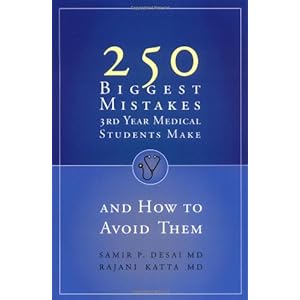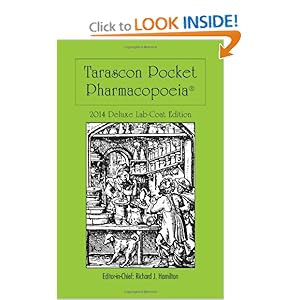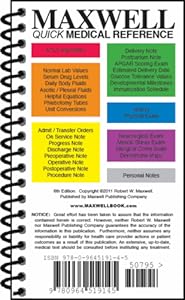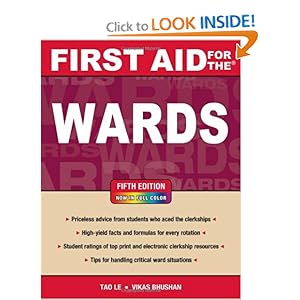- Joined
- Apr 4, 2009
- Messages
- 17,237
- Reaction score
- 13,034
That's the thing though it isn't: http://forums.studentdoctor.net/thr...lerkships-be-pass-fail.1068717/#post-15188408I'm not saying it's going to predict it, just that it's better than anything else and thus the likely choice. I'm sure like you said there are the bookworms who 260 it all the way and then derp hard when they see a real patient. However, rather hopefully I'd assume this isn't the majority.
There is not one metric which predicts clinical residency performance. That is why there is holistic review of the entire application.




